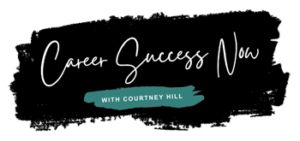Empathy meets Expertise: The Top Outplacement Companies You Should Know
Discover the top outplacement companies! Empathy meets expertise for your career transition needs. Choose wisely, succeed confidently.
Maximize Your Potential: Essential Career Guidance for Advancement
Unlock your potential with essential career guidance! Get expert advice on navigating your path to success.
Unlock Your Potential: Empowering Career Transition Programs
Unlock your potential with career transition programs! Personalized guidance, skill development, and job search support to propel your career.
Job Search Planning 101: Steps to Land Your Dream Job
Master the art of job search planning and land your dream job with expert guidance and proven strategies. Start your journey today!
Step into Your Future: Expert Career Transition Services at Your Fingertips
Unlock your career potential with expert career transition services. Navigate job changes smoothly and step confidently into your future!
Cracking the Code: Effective Strategies with Job Search Consulting
Unlock job search success with expert strategies! Get personalized guidance and support from our job search consulting services.
Discovering New Opportunities: Exploring the World of Outplacement Counseling
Unlock new opportunities with outplacement counseling. Discover expert support for job loss, career transitions, and more.
The Guide to Achieving Greatness: Maximizing Your Career Development
Achieve greatness with our guide to career development. Maximize your potential and conquer your professional goals.
Turning Challenges into Triumph: The Power of Job Transition Support
Unlock the power of job transition support and turn challenges into triumph. Discover tailored career planning, emotional support, and success stories.
From Layoff to Rebound: The Impact of Outplacement Assistance
Outplacement assistance: Empowering career transitions with tailored support and success stories. Discover the impact today!
